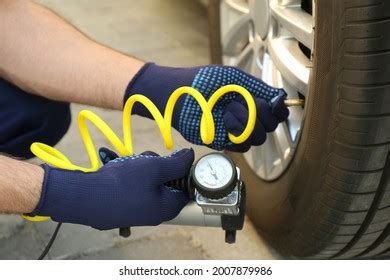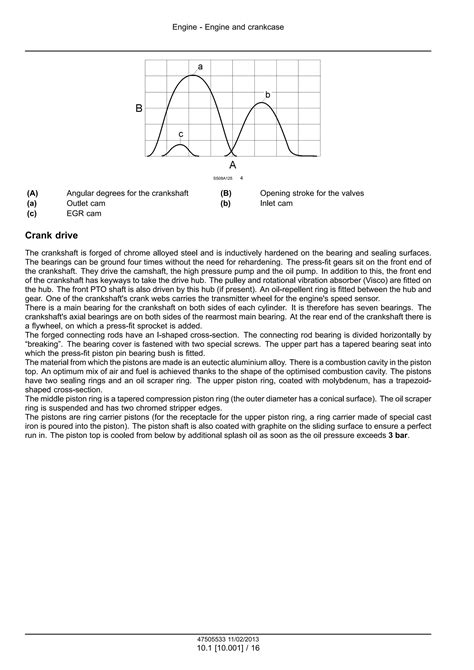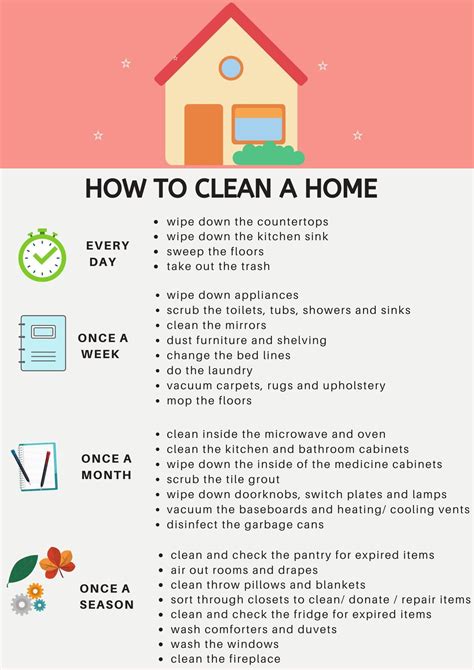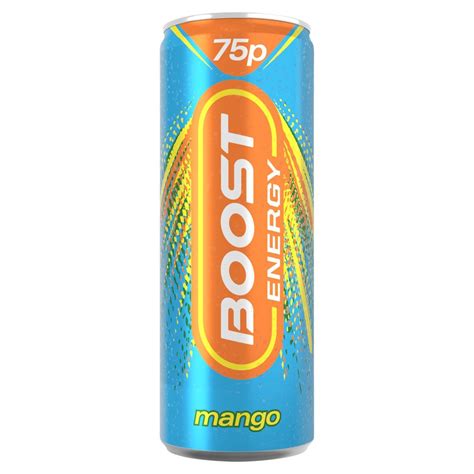In an era of fluctuating fuel prices, maximizing your vehicle’s fuel efficiency isn’t just a smart move for your wallet; it’s also a step towards reducing your carbon footprint. Many drivers overlook the profound impact routine maintenance has on how many miles per gallon (MPG) their car achieves. A well-maintained vehicle not only performs better but also consumes less fuel, leading to significant savings over time. Let’s delve into the top vehicle maintenance tasks that can directly boost your MPG.

1. Maintain Proper Tire Pressure and Alignment
Your tires are the direct link between your car and the road, and their condition heavily influences fuel economy. Under-inflated tires increase rolling resistance, forcing your engine to work harder and consume more fuel. Check your tire pressure monthly, referring to your vehicle’s owner’s manual or the sticker on the driver’s side door jamb for the recommended PSI, not the maximum pressure listed on the tire itself. Properly inflated tires can improve gas mileage by up to 3%.
Furthermore, wheel alignment ensures your tires are tracking straight. Misaligned wheels drag instead of roll efficiently, leading to increased wear and decreased fuel efficiency. Regular alignment checks, especially after hitting potholes or curb bumps, can prevent this issue and keep your vehicle gliding smoothly.
2. Replace Clogged Engine Air Filters
Your engine needs a constant supply of clean air to burn fuel efficiently. A dirty or clogged air filter restricts airflow, forcing your engine to compensate by burning more fuel to achieve the same power output. Replacing a dirty air filter with a clean one can improve your MPG by as much as 10%, especially if the old filter was severely clogged. This is a simple and inexpensive maintenance task that often gets overlooked.

3. Replace Worn Spark Plugs
Spark plugs ignite the air-fuel mixture in your engine’s cylinders, a critical step in the combustion process. Worn-out or fouled spark plugs can lead to misfires, incomplete combustion, and reduced engine power, all of which directly impact fuel efficiency. While modern iridium or platinum spark plugs have longer lifespans (up to 100,000 miles), it’s essential to check and replace them according to your manufacturer’s recommendations. Fresh spark plugs ensure efficient combustion and optimal fuel use.
4. Perform Regular Oil Changes
Engine oil lubricates moving parts, reduces friction, and helps cool the engine. Over time, oil breaks down and becomes contaminated, losing its effectiveness. Dirty or low oil increases friction within the engine, making it work harder and consume more fuel. Regular oil changes with the correct type and viscosity of oil (as specified by your manufacturer) ensure your engine runs smoothly and efficiently, directly contributing to better MPG. Synthetic oils, though often more expensive, can offer superior lubrication and protection, potentially enhancing fuel efficiency further.

5. Keep Your Fuel System Clean
Fuel injectors deliver a fine mist of fuel into the engine’s combustion chambers. Over time, deposits can build up on these injectors, leading to an inefficient spray pattern or even blockages. This results in poor fuel atomization, incomplete combustion, and reduced fuel economy. Using a quality fuel system cleaner every few thousand miles or having your fuel injectors professionally cleaned can restore their efficiency and improve your MPG. Additionally, regularly changing your fuel filter prevents contaminants from reaching the injectors and the engine.
6. Check and Replace Oxygen Sensors
Oxygen sensors (O2 sensors) monitor the amount of oxygen in your exhaust gases and send this data to your car’s engine control unit (ECU). The ECU then uses this information to adjust the air-fuel mixture for optimal combustion. A faulty or sluggish O2 sensor can cause the engine to run too rich (too much fuel) or too lean (too little fuel), both of which negatively impact fuel efficiency. Replacing a failing O2 sensor can improve MPG by up to 15% in some cases, and it’s often indicated by a “check engine” light.

Beyond Maintenance: Driving Habits
While maintenance is crucial, your driving habits also play a significant role. Avoiding aggressive acceleration and braking, maintaining a steady speed, using cruise control on highways, and removing unnecessary weight from your vehicle can further enhance your fuel efficiency. Combine smart driving with diligent maintenance, and you’ll see even greater savings at the pump.
Investing in regular vehicle maintenance is not merely about preventing breakdowns; it’s a proactive strategy for maximizing your fuel efficiency and saving money. By keeping your tires properly inflated, replacing filters and spark plugs, changing your oil, and ensuring your fuel and oxygen sensors are in good working order, you can significantly boost your MPG. These simple steps translate into fewer trips to the gas station and more money in your pocket, while also extending the life of your vehicle and contributing to a healthier environment.





